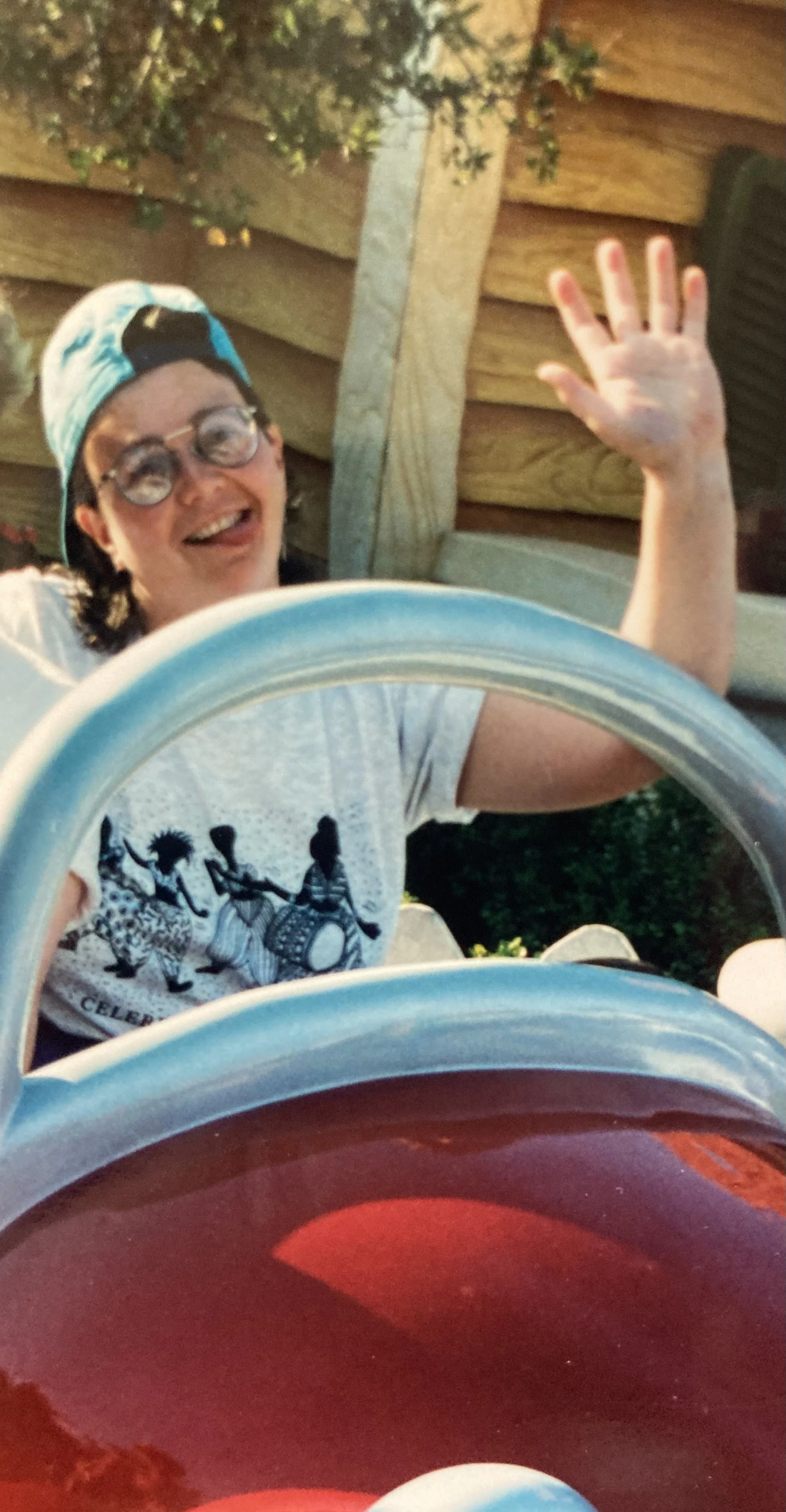This weekend the Portland Lesbian Choir (PLC) presents The Place Where We Belong. While this is just my 4th concert with the choir, it will be a celebration of 40 years of PLC, in what happens to be my 40th year as well. But a different milestone in my life just passed, and it has me reflecting on where I came from, where I have been, and where I belong.
I will always love where I grew up, exploring the forests, fields, waterfalls, and gorges in the Finger Lakes region of New York. It will never stop feeling like home when I visit. But if I had stayed beyond college, I might not have ever found out who I really am.
Since leaving New York in 2008 I have moved several times: first to rural Warm Springs, GA, then Seattle, followed by Los Angeles, then San Francisco, and finally Portland. Until recently, LA had been the city where I spent the most time in my adult life, despite knowing that it was not the place for me long term. Having grown up surrounded by green trees and water, I didn’t belong in the desert. San Francisco was an improvement with its natural beauty and nearby redwood groves, but the culture of the Bay Area had already become dominated by the tech industry, and I wanted nothing to do with it. The closest I had felt to belonging was when I lived in Seattle, so I sought out jobs in the Pacific Northwest.
When I moved to Portland in 2019 I immediately felt at home. The vibe is very similar to Ithaca, but with more people, more good food, and maybe even more trees and waterfalls to admire. I’m not going to go into all the ways that Portland is unique, or what being here in 2020 meant to me, or how I found community (and chosen family) even in the midst of a pandemic. I want to focus on the fact that here, I finally accepted something I had been suppressing for decades: I am not straight, and heteronormative culture is not my culture. I finally understood that my attraction to people of all genders is not only okay, it is a gift. The gift of belonging to the queer community, where our commonality has nothing to do with where or who we are from - it comes from self-knowledge, and the courage to live in the open as we are at our core.
Photo by Miranda Robinson
I accepted myself for who I am, and then found the throughlines that connect my new understanding of my identity with who I have always been. I joined a soccer team, to run and play outside, rain or shine, like I did as a kid. I joined the ranks of die-hard Thorns fans at Providence Park, cheering on the queer women I had idolized long before I knew how much we had in common. And finally, I joined the Portland Lesbian Choir. If there is any single fact that all of my friends and family know about me, it is that I am a singer, and have always been a singer. Having an outlet to express my true self in song, in harmony with my community - that is really what makes Portland the Place Where I Belong.
As of this month I have officially lived in Portland longer than I’ve lived anywhere else outside of my hometown, and it feels like one more piece in the puzzle of my life has been set in place. Every time that I moved, I had to leave loved ones behind, and the silver lining is that I now know I am capable of finding love wherever I go. But that sense of belonging, of community, of knowing that you are exactly where you are meant to be - that is rare. I cannot fathom leaving that feeling behind. And I don’t expect I ever will.
- Allison Fritts-Penniman




